Grid-Tied vs. Hybrid Inverters: Inverter Types Explained⚡Australia
Explore the difference between solar inverter types like grid-tied, hybrid, microinverters, and off-grid inverters for solar and battery systems in Australia.
Read more
Tesla Powerwall 3 Rebate Now Available - Combine with Federal Subsidy Today
Posted 7 Aug
If you’ve bought an electric vehicle, or are about to find yourself switching to electric transportation, getting a charging setup is useful for those wanting convenience and simplicity, but with hundreds of EV charger options in the market, how in the world do you find the right charger for your new car?
Whilst most electric vehicles (EVs) include level 1 leads for outlet charging, they are typically slow and take a long time to charge an EV, especially one with a large battery. A level 2 EV charger is a dedicated box-looking appliance, which is usually mounted on the wall in a garage or driveway, and can also be installed on a pedestal.
These level 2 chargers can provide up to 7kW (7000W) and 22kW (22,000W) of power when recharging your electric vehicle. Using the most popular EV in Australia, the Tesla Model Y, charging the 60kWh battery capacity would take just under 3 hours for a full charge.
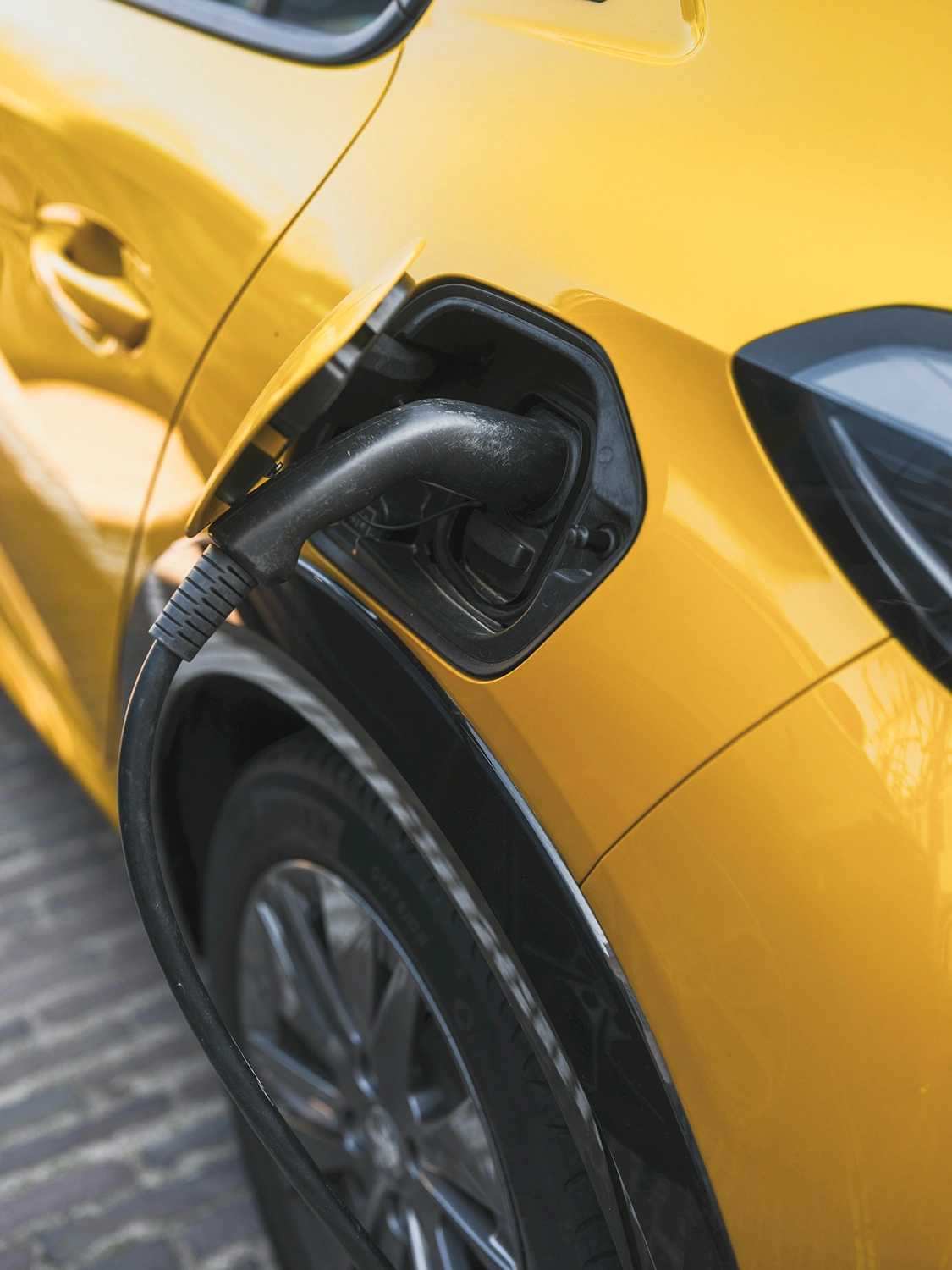
Unfortunately, there’s not really a ‘best charger for everyone’ sort of solution as each home will have unique requirements and budgets.
If you own a solar system that has a Fronius or Sungrow inverter, or a Tesla
Powerwall 3,
the corresponding EV chargers from each brand will be suited for solar system integration, so the user gets all the data through the one
app and ecosystem. Zappi is best suited towards retro-fits and installations for other solar systems not listed above.
In order to choose the right EV charger, these are factors you’ll need to consider.
Most homes are typically single-phase, so 7kW is the highest rate of charging without having to upgrade to three-phase for electric vehicle charging.
Three-phase properties can charge up to 22kW. Learn more about single vs. three phase here.
You can either choose to have a tethered EV charger which means it has a fixed cable connected to the charger which you roll back up and store on the charger.
An untethered option is a charger with a plug that can use any compatible charger cable, usually great for public use, or cable interchangeability.
With a broad variety of electric vehicle chargers on the Australian market, they offer a good range of features to enable flexibility for users.
Chargers can offer smart charging where they consume off-peak and solar energy, load balancing, and app connection for monitoring.
Compare 4 popular electric car charging station specifications, costs, features, and discover what the best charger option is for you and your electric vehicle.
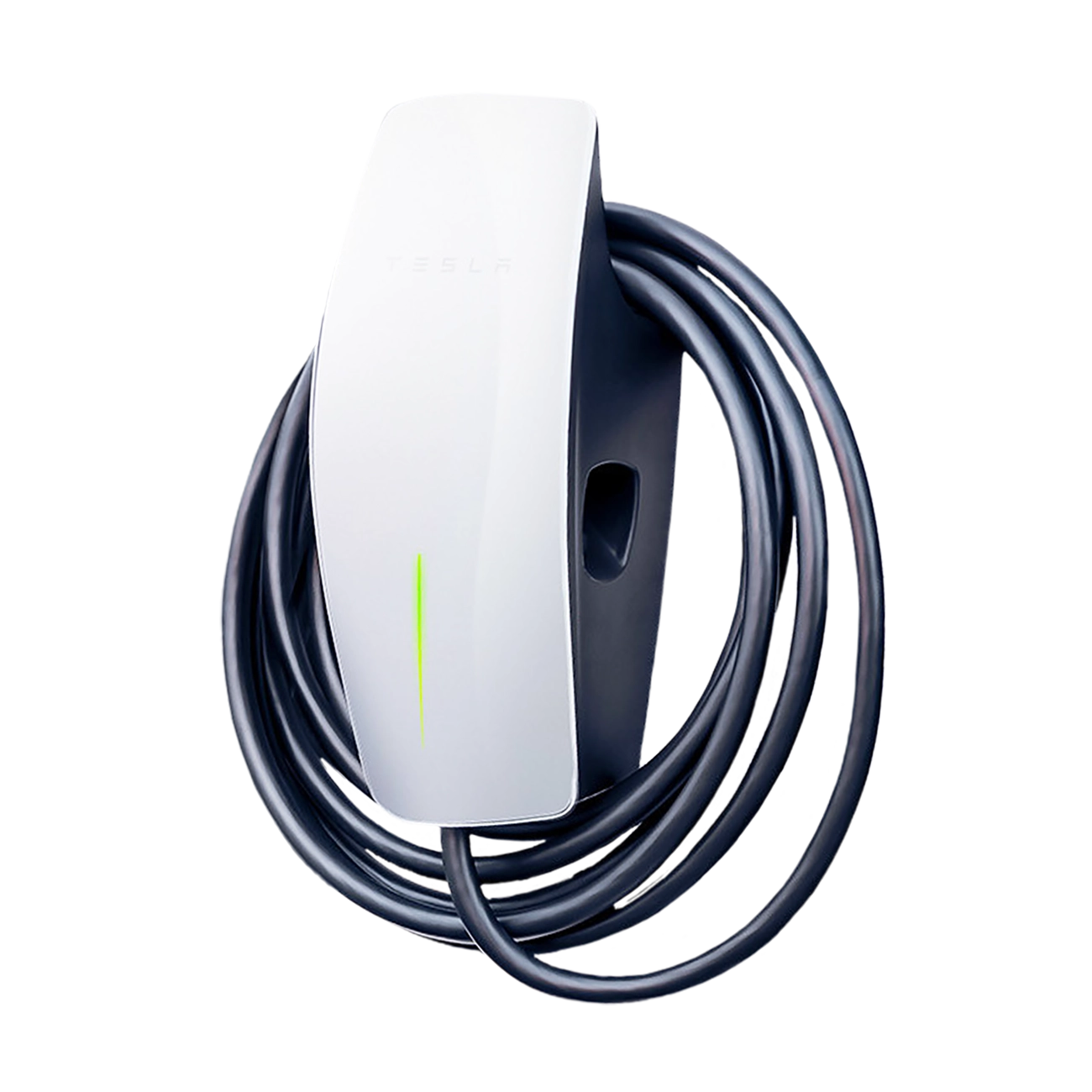 Tesla
Wall Connector Tesla
Wall Connector
|
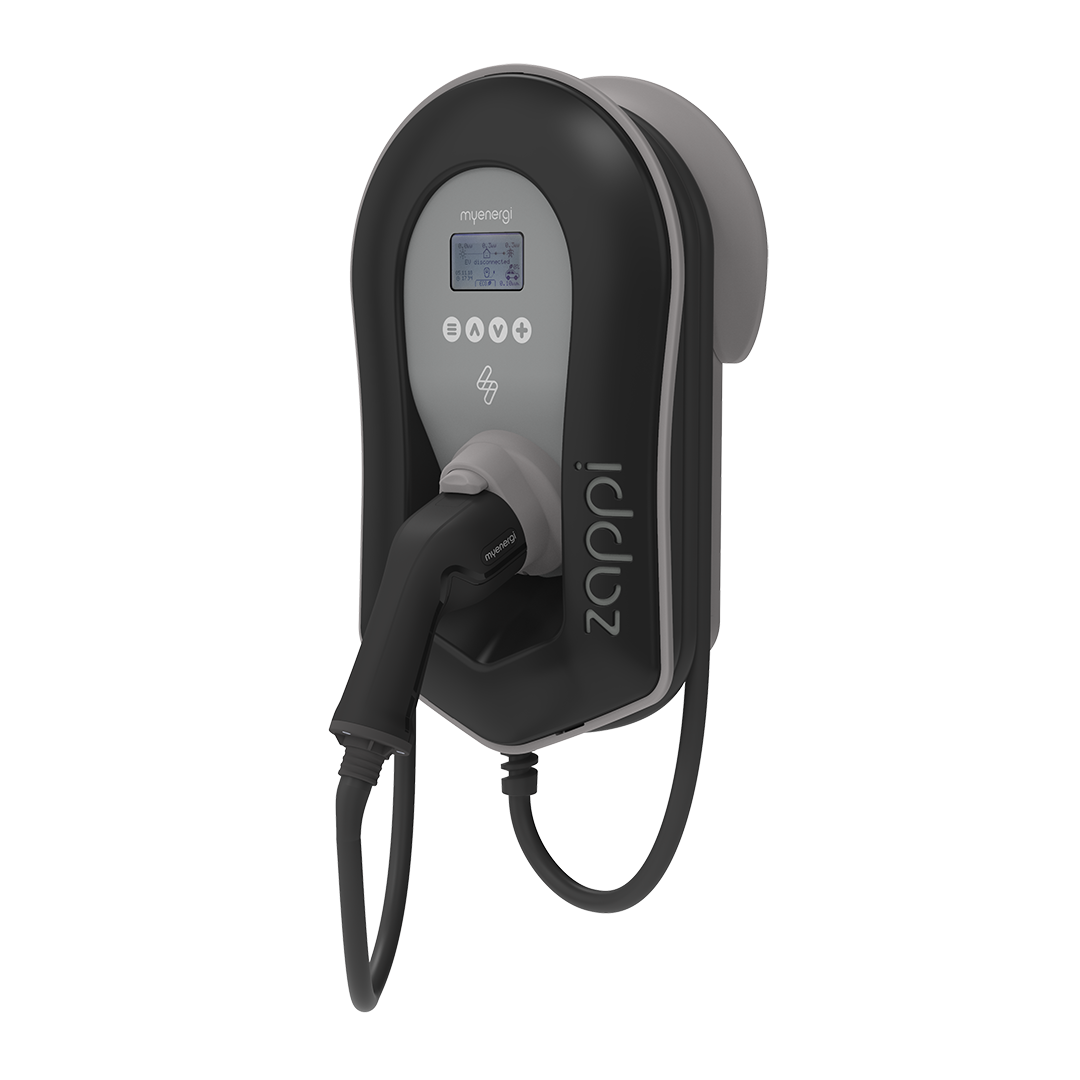 Zappi
Charger Zappi
Charger |
 Fronius Wattpilot 22J |
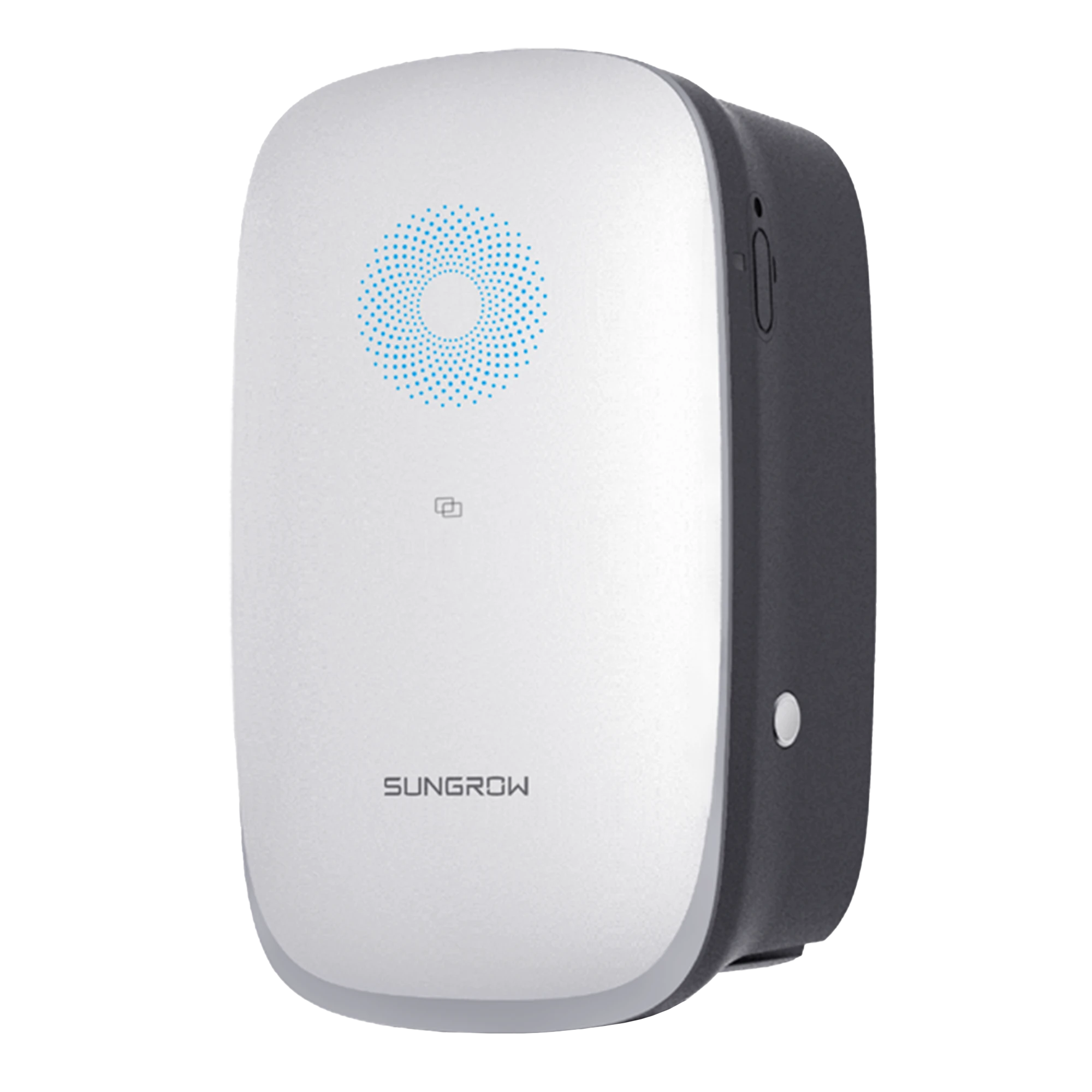 Sungrow AC Charger |
|
| Solar |
No |
Yes |
Yes |
Yes |
| Smart Features |
Monitoring & Control, Tesla integration with Tesla Powerwall | 3 charging modes, timers, pin code, and backlit LCD | RFID security, and load balancing. Fronius integration. |
Scheduled charging and direct Sungrow hybrid inverter integration. |
| Outdoor Rating |
IP55 |
IP65 |
IP65 |
IP65 |
| Single Phase |
7kW |
7kW |
7kW |
7kW |
| Three Phase | 11kW |
22kW |
22kW |
11/22kW |
| Tethered or Untethered | Tethered (7.3m) |
Both |
Untethered |
Tethered (5 or 7m) |
| Price Range (inc. GST. Fully Installed). | $1800+ |
$2800-$3200 |
$2800-$3200 | $1800+ |

Depending on where you park your electric car, it will help indicate the kind of charger you will require to get the job done. If your charger is being installed outside, it will need a charger that is designed for outdoors with a strong IP rating to ensure it is weather-sealed.
If your electric vehicle is located further away from your desired charger location, you can opt for longer charging cables which can range in length and style like cable arms, retractable, and coiled options to help reach your EVs charging port.
Additionally, we highly recommend investing in a reputable EV charger installer as they will install your charger to Australian standards, and ensure it is installed safely and for longevity.
Use this calculator and find out roughly how long it will take to charge your electric vehicle based on the wall outlet (2.4kW) and level 2 charging (7kW & 22kW).
Calculations are estimates only as there are many variables to take into account. Power loss factor is 10%.
Charging times will appear here...
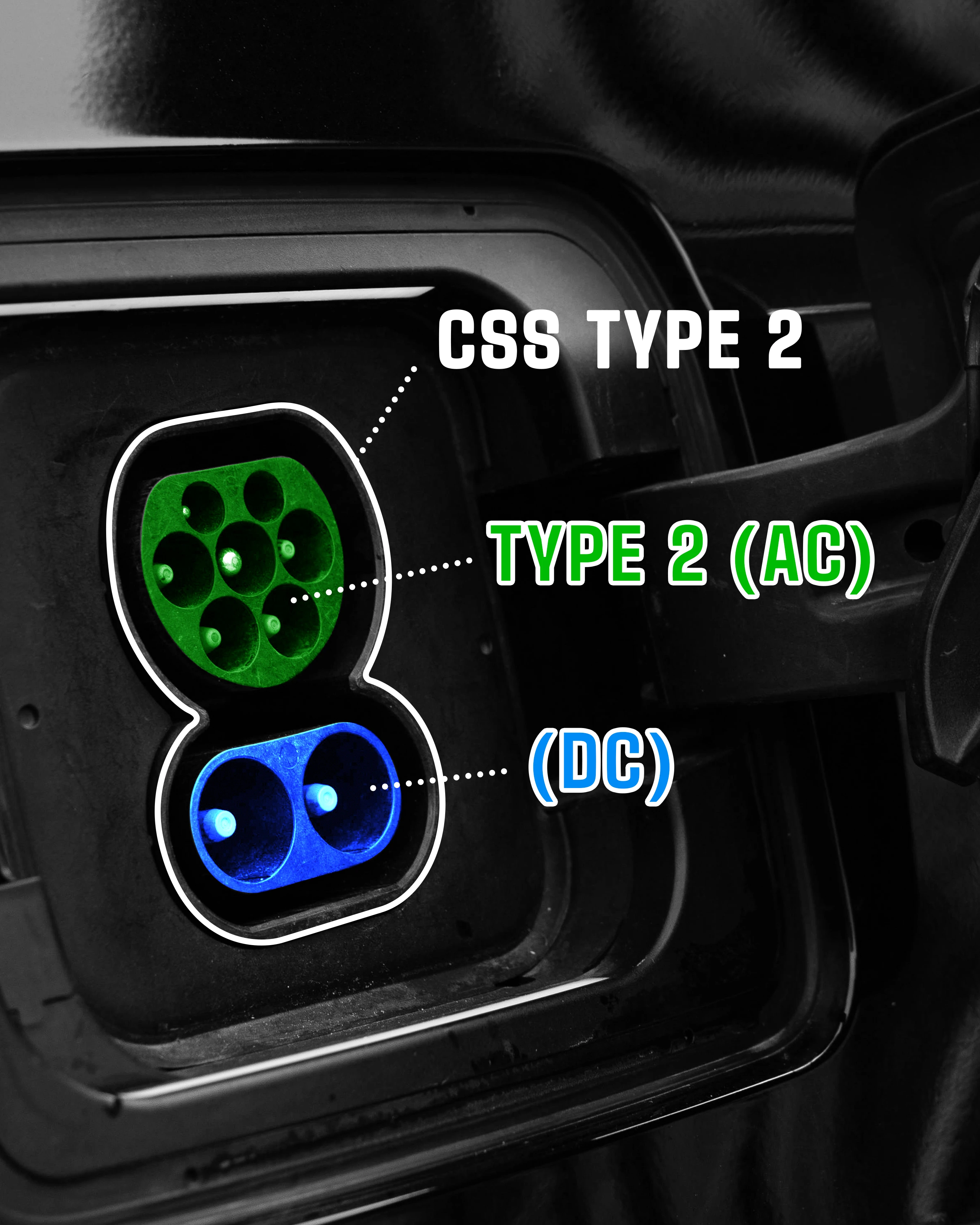
Most EVs in Australia are based on the Type 2 plug type, which supports both AC and DC charging on the same plug. Some older EVs will have Type 1 plug types.
The Type 2 plug type is the most common in newer electric vehicle in Australia. Charging at home (AC) just uses the Type 2 plug, and charging at a station (DC) uses the CSS Type 2 plug which uses the additional 2 pins.
CHAdeMO is a Japanese-based plug type which is found on some EVs as a separate port for DC charging, but this is slowly being phased out.
Both electric vehicle chargers and installations will vary in prices depending on the providers. Because we’re electric vehicle charger
installers in Newcastle, we can share a bit of insight into how we price our installations to help give you a better idea on what to
expect. We base our installation quotes on the following elements:

Good news for solar owners, if you get a solar-compatible charger like the Zappi charger, Fronius Wattpilot, and Sungrow AC charger, you can take advantage of your excess solar energy and absorb it to recharge your electric vehicle instead of selling it cheaply via feed-in-tariffs.
Pairing a solar system, a solar EV charger, and electric vehicle, you essentially give yourself the ability to harness and recharge with free electricity. Game-changing stuff.
Whilst load balancing sounds technical, it's really just balancing your usage with the other appliances you may be using at the time. Say you were simultaneously using the kettle, dryer, and oven, the EV charging would lower its power rate until your overall usage went back down to speed up again.
Tip: By contacting your local electrician, they will assess your situation and requirements, and recommend an EV charger accordingly. This will take a lot of the guess game out of the mix.
If you’re someone who is tech-savvy or likes to know what’s happening with your energy, you might opt-in for an EV charging station that enables monitoring and control features for insight into your energy.
You can monitor and track elements like real-time charging data, charging history, scheduling, off-peak and solar charging modes, and even control your recharging remotely.
Using electrical components called CT clamps which your electrician will install, you gain the ability to integrate and monitor your solar to access solar charging (eco) features, as well as using a mix of renewable and grid electricity to charge your EV asap.
Other useful features include RFID cards and app security features for authentication on shared chargers, as well as setting limits, receiving notifications, and also diagnostics and over-the-air updates.
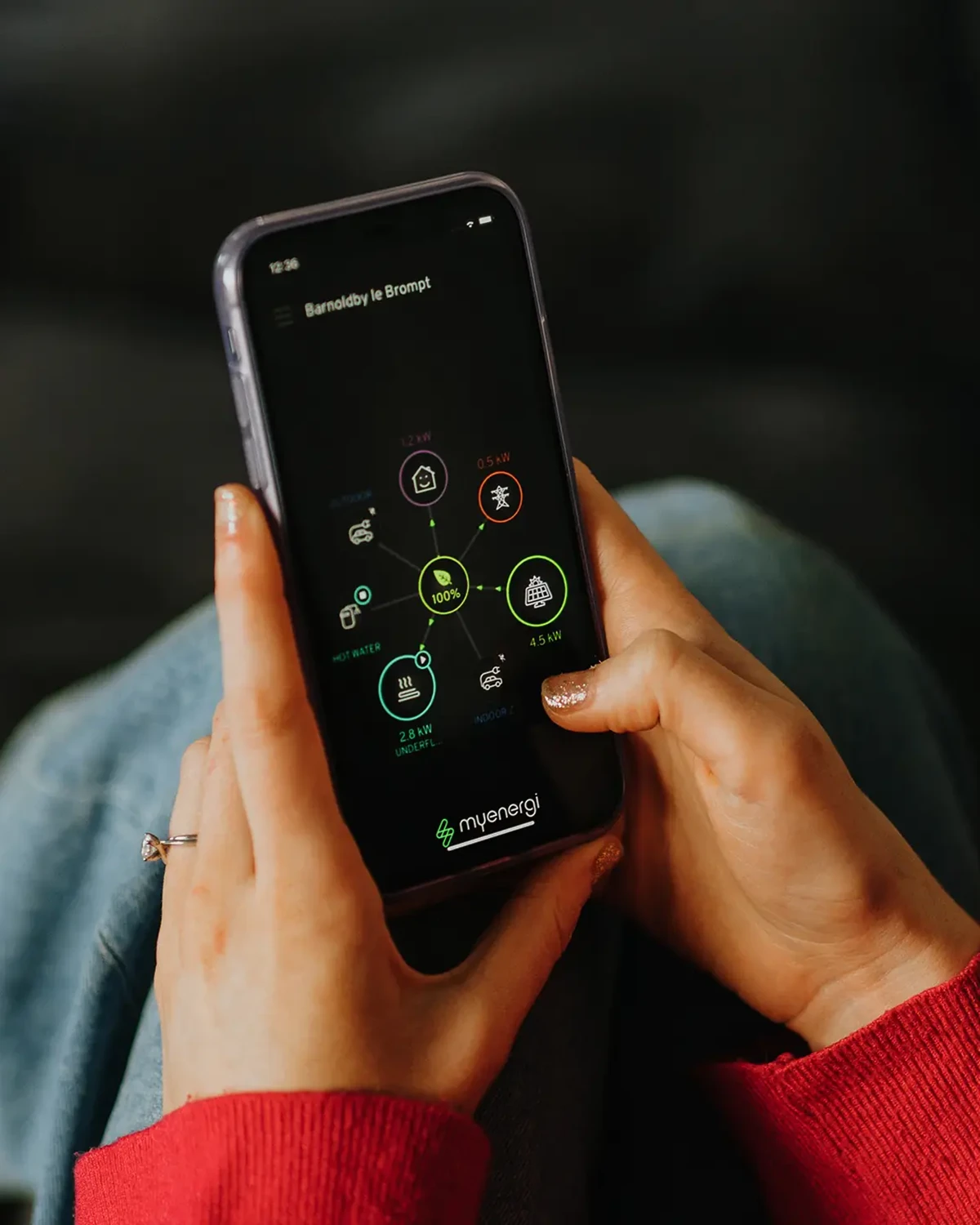
With various EV charger options available throughout Australia, using this guide as a reference should be able to help you make a more informed decision on what EV charger is best for you. It is always recommended to contact your local electrician who will have that electrical background to help provide a tailored solution.
Explore the difference between solar inverter types like grid-tied, hybrid, microinverters, and off-grid inverters for solar and battery systems in Australia.
Explore Australia's first CEC-approved bidirectional and vehicle-to-grid capable electric vehicle, the V2Grid Numbat, a 6.2kW V2G/H charger now ready.
Explore how battery nominal & useable energy capacity is different to power output, and learn about state of charge, depth of discharge, and cycles.
Explore the differences between AC and DC electric vehicle charging in Australia and how it affects the way you charge your EV, and the pros & cons.
Considering a cheap solar system? Learn how low-quality, unreliable inverters and panels can lead to costly repairs, full replacements, and safety issues.
Volts vs amps vs watts explained simply. Learn what current is and how watts are calculated using examples & easy conversions for electricity in Australia.
Renewable News Articles
Not only are we specialists in solar power, but we pride ourselves in being leading installers in battery
storage, as well as EV charging for homes and businesses. For solar and battery systems, we offer both on and off-grid solutions for a
range of applications.
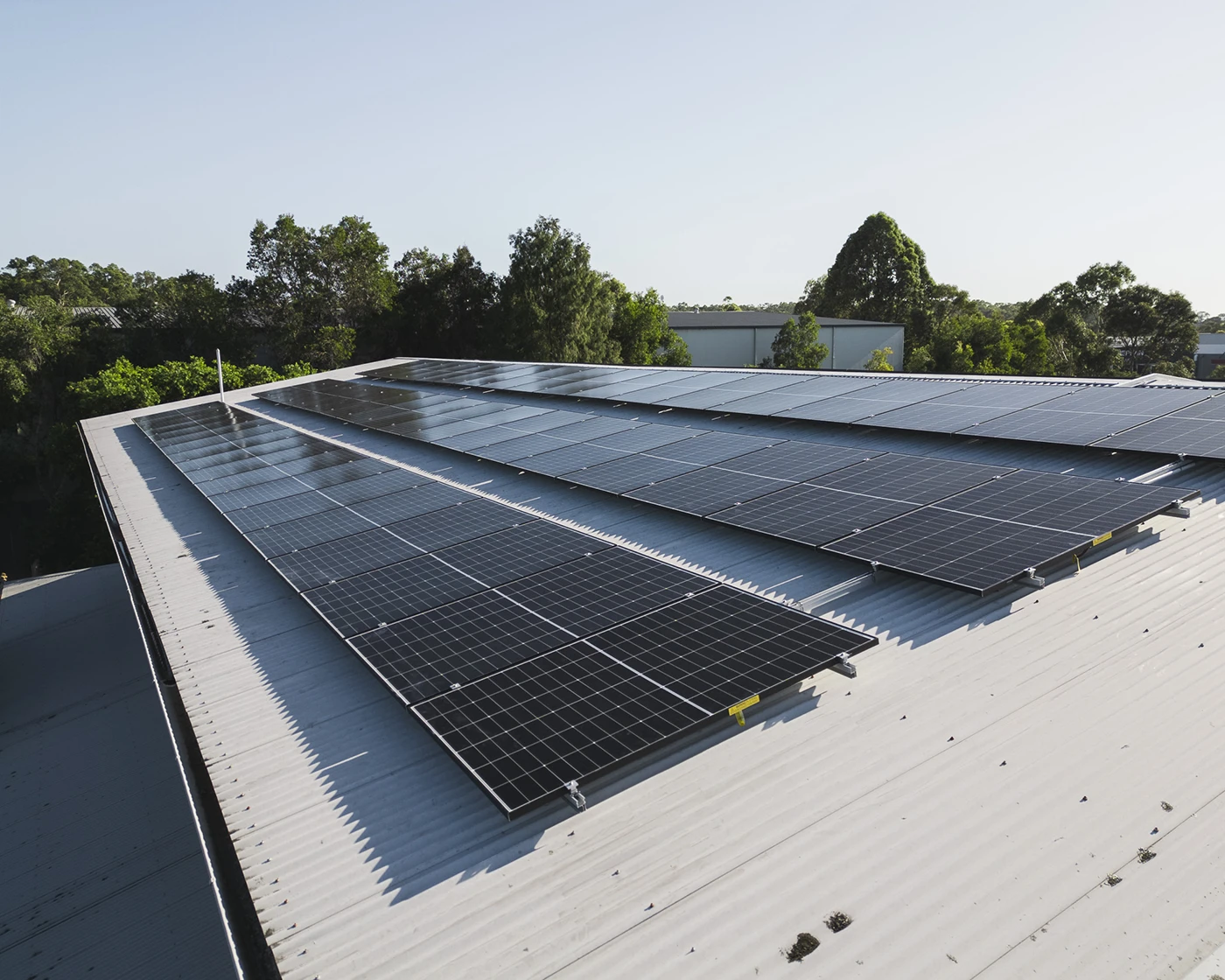
Newcastle's leading solar installers, providing long-lasting residential and commercial rooftop solar systems.
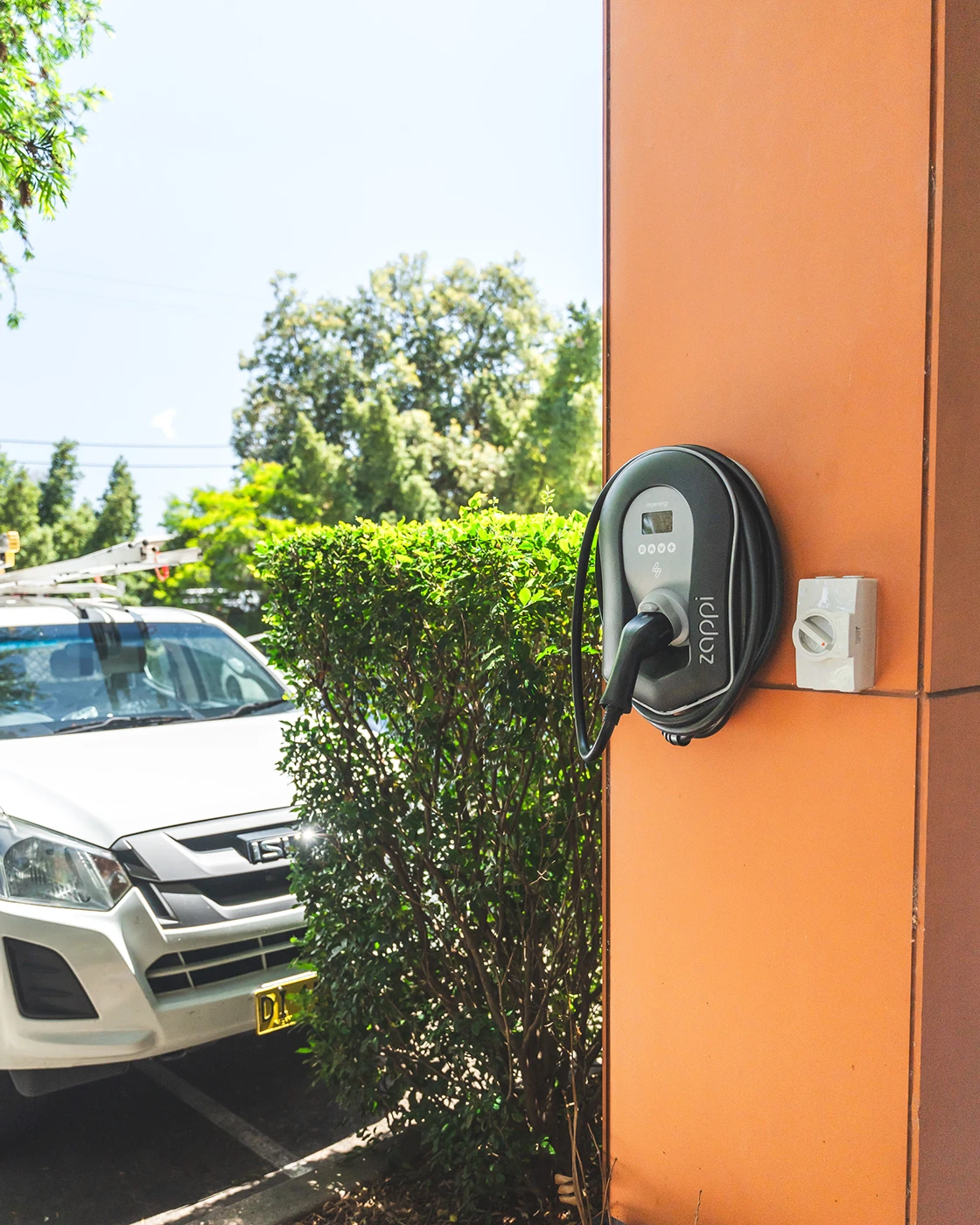
Experts in both residential and commercial electric vehicle charging station installations from 7kW - 360kW+.
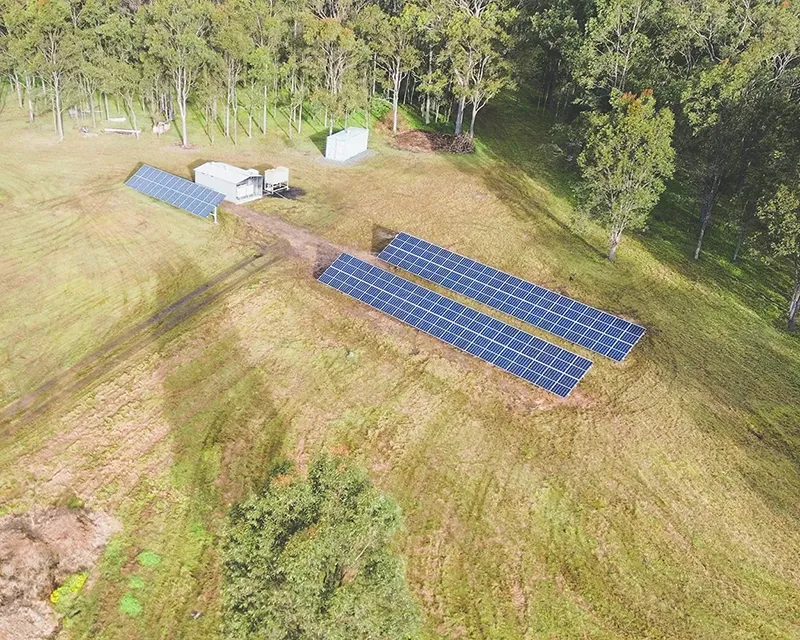
Specialists in off-grid solar and battery, helping properties never have to pay another electricity bill again.

With decades of electrical and industry experience, our fully-qualified & licensed electricians are here to help.
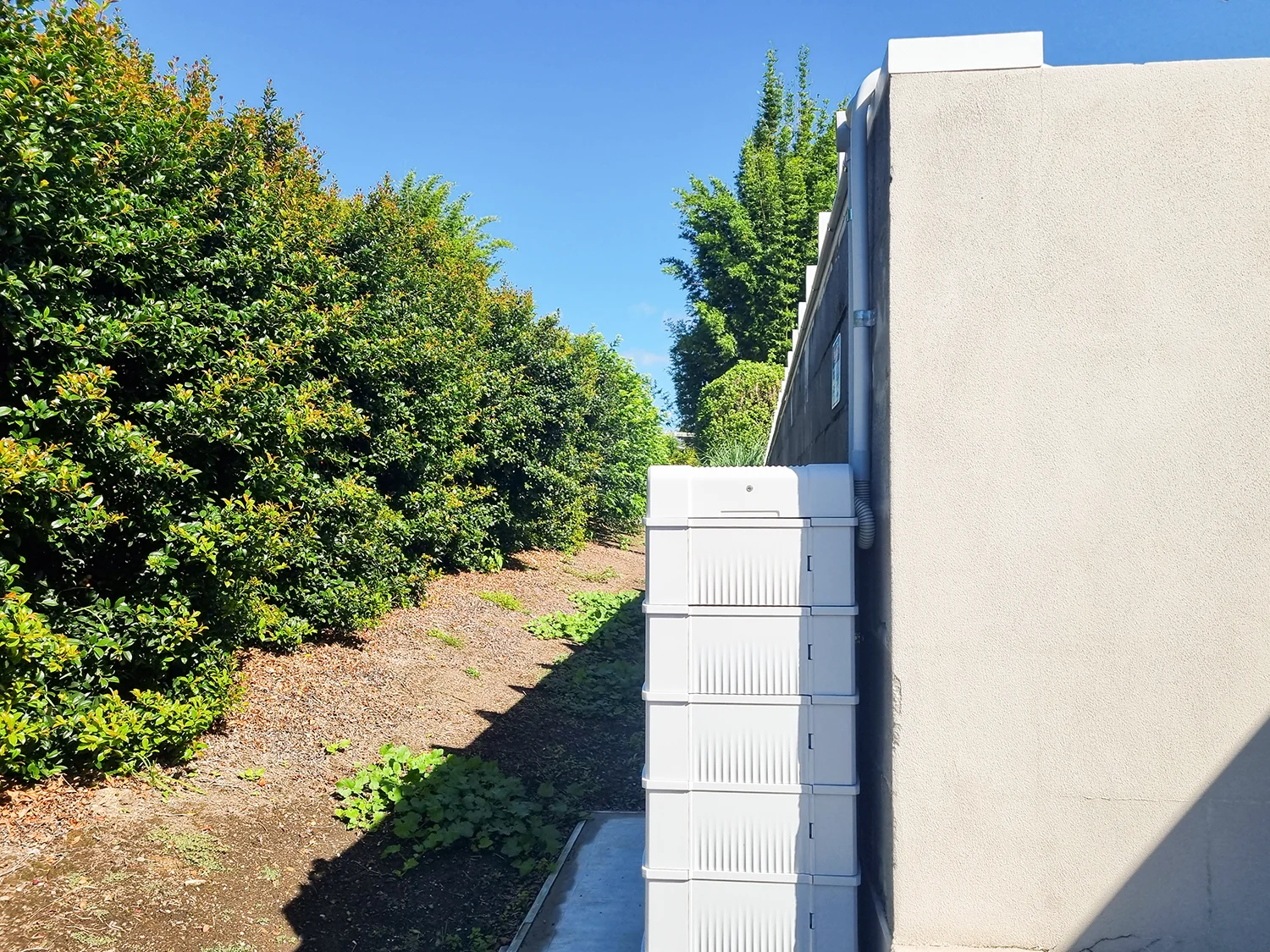
Maximise your solar generation with battery storage from reputable brands to accelerate return-on-investment.
Leave a Comment